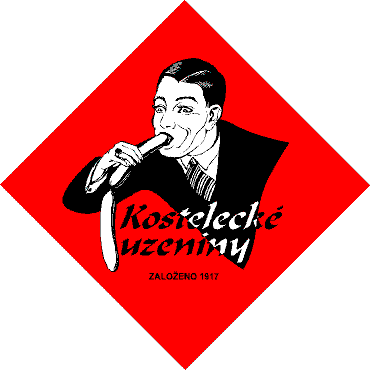We have a similar way of solving problems, Otakar PtáÄek and I. We try to outwait trouble, to roll with things until they either become intolerable or go away. That may not be ideal for a landlord—there’s no hot water in the kitchen—but neither of us are really the jump-on-it-and-solve-the-problem sorts. Perhaps if we could speak to each other it would be easier. Last time we spoke I surprised him by saying “super”. I didn’t have the heart to tell him that I knew that word long before I came to the czech republic (but I did roll the r on that occasion better than I usually do). Even if I had the heart, I would not have had the ability to explain anything of the sort.
Mr. Little Bird was born here in the Czech Republic in 1925. I know this because his date of birth is listed on my lease. His is the only birthday reminder programmed into my phone as of yet.
He was a teenager when the Germans invaded. Did he rally in the center of Prague while the Czech government’s frantic pleas to the rest of the world were ignored? Did he take up arms? Was he conscripted into the German army? Honestly, I have no idea what happened to czech boys of military age during those times. He must have ended up fighting for someone, or in a prison that defies imagination. Or, possibly, both. How did he feel when he was nearly twenty years old, when the Russians came and freed their slavic brethren, opening the concentration camps and nursing the survivors back to health on sausage and vodka?
How did he feel when the communist government started building its own concentration camps, less brutal than the nazi versions but still horrible? What compromises did he make living in a society whose foundation was suspicion?
Where was he in ’68? When the czechs did their dress rehearsal for the peaceful reform of their government only to see russian tanks sweep through their country? He was probably too old by then to be throwing rocks at tanks, but what did he say as he drank with his friends? Was he still remembering being liberated in his youth, saying that kids these days just didn’t appreciate all that the Russians had done for them, or was he quietly looking forward to a new government, or was he just ordering another round?
Like other Czechs, he’s rolled with it, outlasting the problem. Fascists, communists, capitalists all come and go, but the czech character remains. They’re a fatalistic bunch; they take their injustice stoically and in their hearts they don’t really believe in progress. Change they know, and even embrace—the way a mafia boss will embrace a rival. Change will happen around them, but not to them.
And here is my landlord, pulling up the stairs slowly, explaining with his hands that he has a bad heart. Čekám, I say, my use of czech lost to him as he labors up the stairs with his daily ration of beer, but he smiles gratefully for my patience. He’s got a winning smile and an open face; in the end everything is something of a joke to him. A quiet, introverted, joke that only he gets. I laugh too. I don’t know the joke, but I know it’s a good one. Pan PtáÄek has seen enough to know what’s funny and what’s not.
 1
1
Sharing improves humanity:


